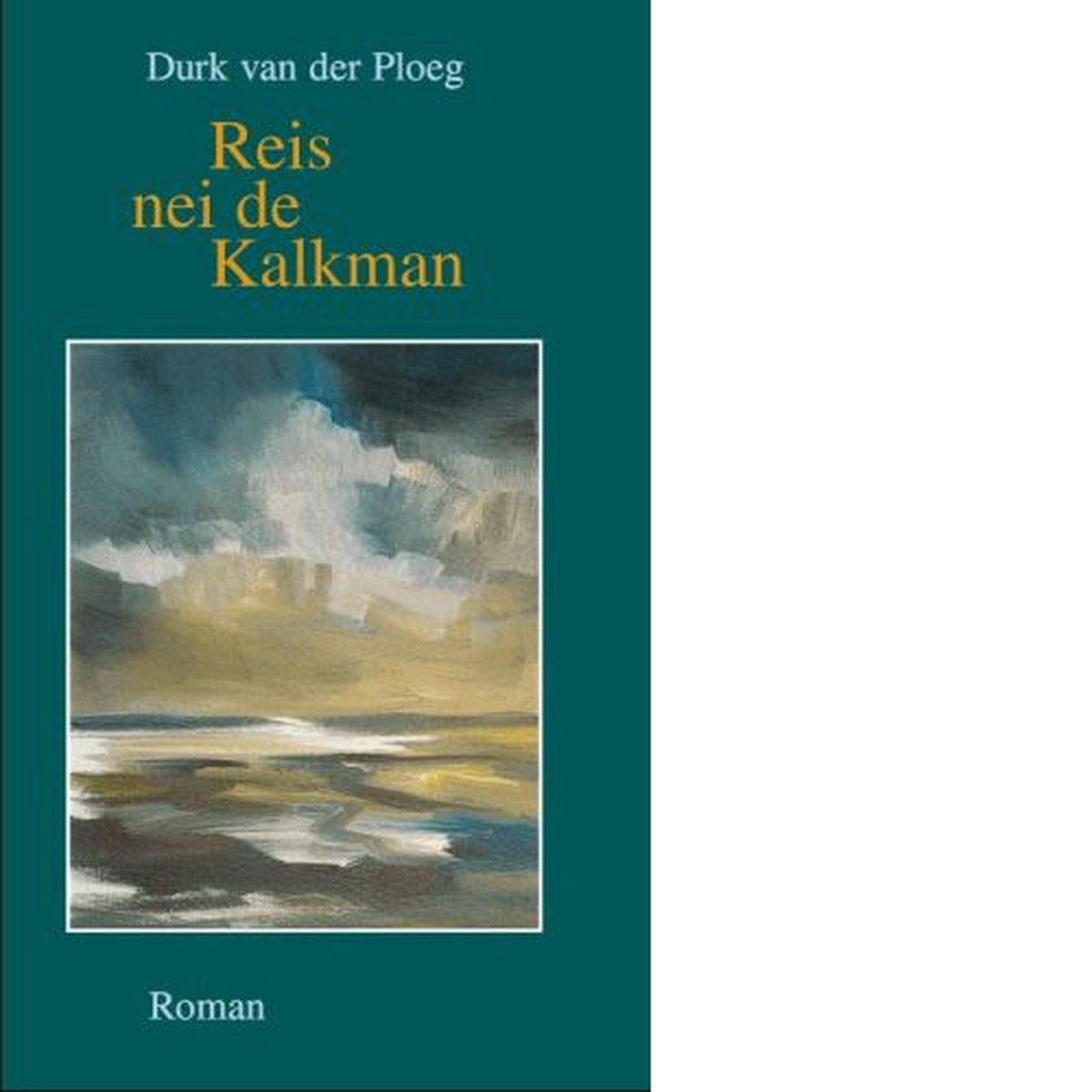Journey to the Kalkman
For years Günther Ewaldsen has owned a holiday home in Nes, on the coast of Friesland. After his divorce he begins a relationship with his Frisian neighbour, Anna Richter, the relatively young widow of a former resistance member. Anna’s relationship with Günther is ambivalent, feeling, as she does, both love and guilt towards the past. When Günther tries to remodel his house and Anna’s into one living area she can no longer avoid feeling that her lover still acts like the occupier.

The story reaches its dramatic climax in 1970 on Remembrance Day when it becomes clear that the villagers are unable to tolerate Günther Ewaldsen’s presence any longer. He falls victim to a kangaroo court and is later found dead on the Kalkman sandbank.
One of the very best Frisian books about World War II.
Jelle Krol, Leeuwarder Courant
Reis nei de Kalkman is more than just a story about the fate of Anna and Günther; it considers the wartime experiences of different Germans who were stationed around the village of Nes. One is Kaspar August Klingemann, an adherent of the Confessional Church, who deserted in 1944 and lived in hiding at Anna’s family home until the end of the War. Another is Wolfgang Schöde who was a Feldwebel with the coast guard near Nes between 1942 and 1945. The author gives a subtle account of their behaviour during and after the war. Reis nei de Kalkman provides a panoramic picture of the War, the resistance, and how northeast Friesland coped. The area’s characteristic mud flats serve as an atmospheric backdrop for a consideration of universal human problems. It is also an up-to-date novel, which tries to answer the question as to whether Germans should be allowed to participate in our Remembrance Day services and Liberation Day celebrations?
The echo of World War Two resounds skilfully through these books. But I could still imagine them being just as easily set in the Balkans.
Jacobus Quiryn Smink, Hjir
'Reis nei de Kalkman' is an ambitious novel about what happens when Germans return to Friesland, this time as holiday-makers. (…) Durk van der Ploeg pays a great deal of attention to the Germans’ backgrounds and does it with sympathy. Günther and his
Doeke Sijens, Trotwaer
